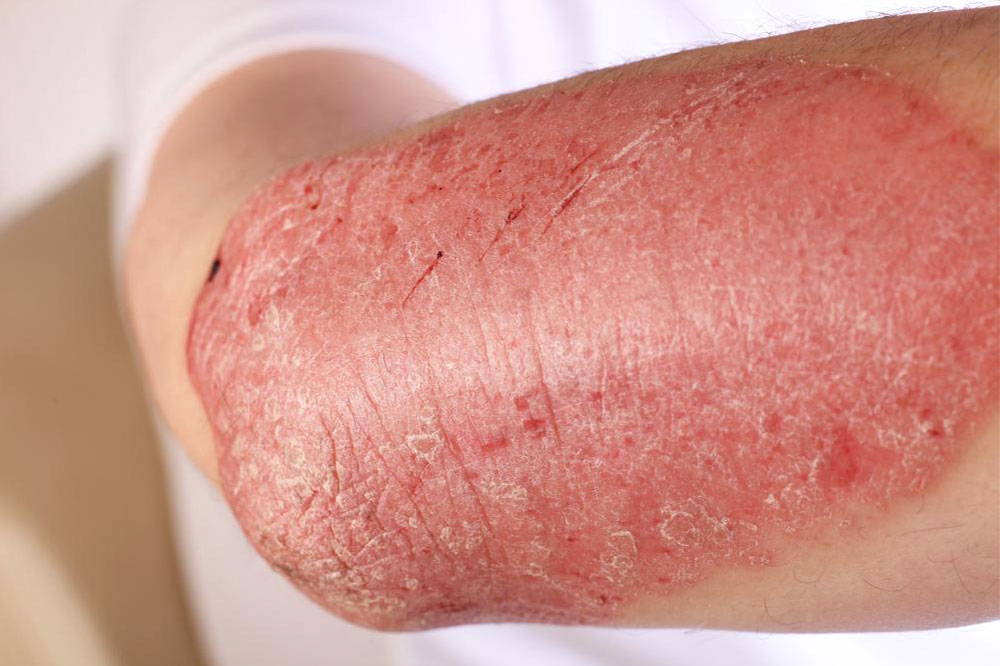A Comprehensive Guide to Autoimmune and Immune Deficiency Disorders: Symptoms, Causes, and Management
This comprehensive guide explores autoimmune and immune deficiency disorders, detailing their symptoms, causes, and current treatments. Understanding these immune system conditions is essential for early detection and effective management to prevent serious health complications.

Understanding Autoimmune and Immune Deficiency Conditions: Symptoms and Causes
The human immune system is a highly complex and vital network responsible for defending the body against pathogens, infections, and foreign substances. However, when this system malfunctions, it can lead to a range of health issues categorized broadly into autoimmune diseases and immune deficiency disorders. These conditions not only compromise the body's ability to maintain health but can also cause significant discomfort and long-term health complications if not diagnosed and managed properly.
Autoimmune diseases occur when the immune system, which generally protects the body, mistakenly targets the body's own tissues and organs. This abnormal immune response results in chronic inflammation, tissue damage, and a range of clinical symptoms depending on the organs affected. Conversely, immune deficiency disorders involve an underperforming immune system that fails to provide sufficient defense against infections, leading to frequent, severe illnesses, and in some cases, persistent infections that are difficult to treat.
Common Autoimmune Diseases and Their Impact
The spectrum of autoimmune disorders is broad, affecting various parts of the body. Some of the most prevalent autoimmune diseases include rheumatoid arthritis, lupus erythematosus, multiple sclerosis, Type 1 diabetes mellitus, and psoriasis. These conditions often share common features such as chronic inflammatory processes, unpredictable flares, and relapses, as well as a complex interplay of genetic, environmental, and hormonal factors.
Rheumatoid Arthritis
This autoimmune disorder primarily targets the joints, causing pain, swelling, stiffness, and potential joint deformity. It can also involve systemic symptoms like fatigue and fever. The exact cause remains unknown, but genetic predisposition combined with environmental triggers such as infections and smoking are known risk factors.
Lupus Erythematosus
Lupus affects multiple organs including the skin, joints, kidneys, and heart. It is characterized by periods of flare-ups and remission, with symptoms like rash, joint pain, fatigue, and hair loss. The disease is more common in women, particularly those of African, Hispanic, and Asian descent.
Multiple Sclerosis
This neurological autoimmune disorder damages the myelin sheath surrounding nerve fibers, leading to muscle weakness, coordination issues, numbness, and vision problems. The cause is believed to involve genetic susceptibility combined with environmental factors such as vitamin D deficiency.
Type 1 Diabetes Mellitus
In Type 1 diabetes, the immune system destroys insulin-producing beta cells in the pancreas, leading to high blood sugar levels. This condition requires lifelong management with insulin therapy and careful blood sugar monitoring.
Psoriasis
A chronic autoimmune skin disorder characterized by red, scaly patches that can be itchy and painful. It involves an abnormal immune response that accelerates skin cell growth.
Understanding Immune Deficiency Disorders and Their Challenges
Immune deficiency disorders can be inherited or acquired due to infections, medical treatments, or certain chronic conditions. People with these disorders are vulnerable to infections that are typically rare or easily manageable for healthy individuals. Common immune deficiency conditions include primary immunodeficiency syndromes like common variable immunodeficiency (CVID) and secondary conditions caused by HIV/AIDS or chemotherapy.
Primary Immunodeficiency
This form is usually congenital, meaning individuals are born with defects in their immune system. Examples include Bruton's agammaglobulinemia and severe combined immunodeficiency (SCID). These conditions often present early in life with recurrent, severe infections.
Secondary Immunodeficiency
This occurs later in life due to external factors such as HIV infection, cancer treatments, or immunosuppressive medications. HIV/AIDS profoundly weakens the immune system by attacking CD4+ T cells, leading to opportunistic infections and certain cancers.
Common Symptoms and Early Sign Recognition
Recognizing early signs of immune system dysfunction is critical for timely medical intervention. Symptoms can be non-specific and may overlap between different disorders, but common indicators include:
Persistent fatigue and tiredness
Muscle soreness and joint pain
Skin redness, rashes, and swelling
Low-grade or intermittent fever
Difficulty concentrating or cognitive fog
Numbness or tingling sensations
Unusual hair loss or thinning
Unexplained or recurring rashes and lesions
Risk Factors and Predisposing Conditions
While the precise causes of autoimmune and immune deficiency conditions are not fully understood, several risk factors have been identified:
Gender — autoimmune diseases are more prevalent in women.
Age — risk increases with age, especially for certain diseases like rheumatoid arthritis.
Ethnicity — certain ethnic groups have higher predispositions, e.g., African Americans with lupus.
Family history — a genetic predisposition plays a significant role.
Previous infections — exposure to certain viruses or bacteria can trigger autoimmune responses.
Environmental factors — chemical exposures, smoking, and stress may influence disease development.
Current Approaches to Treatment and Management
Managing autoimmune and immune deficiency disorders requires a personalized approach that aims to control symptoms, suppress abnormal immune responses, and prevent further tissue damage. Treatment strategies include:
Immunosuppressive medications — corticosteroids, DMARDs (disease-modifying antirheumatic drugs), and biologics to reduce immune activity
Symptom management — pain relievers, anti-inflammatory drugs, and supportive therapies
Replacement therapy — immunoglobulin infusions for immune deficiencies
Lifestyle modifications — balanced diet, regular exercise, and stress management
Monitoring and ongoing medical evaluation — regular blood tests and imaging studies
Advancements in immunology research continue to offer promising therapies that target specific pathways involved in these diseases, aiming for more effective and less toxic options in the future.





